

Uses of Medical Marijuana
Medical marijuana has long been recognized for its potential to support symptom relief for a wide range of chronic conditions. While once considered a last resort, it’s now becoming an increasingly accepted and accessible option in Canada for patients seeking alternatives to traditional pharmaceuticals. With growing clinical research and evolving Health Canada regulations, more Canadians are exploring how cannabis can fit into their treatment plans safely and legally.
Patients commonly turn to medical cannabis when dealing with persistent pain, inflammation, and other debilitating symptoms that reduce quality of life. Conditions such as arthritis, fibromyalgia, multiple sclerosis, and migraines are among those where patients have reported noticeable symptom relief after incorporating cannabis into their care regimen. Medical marijuana is also being used to manage the side effects of more aggressive treatments, such as chemotherapy-induced nausea, appetite loss, and insomnia.
Cannabis may offer support for mental health-related symptoms as well. Some patients report reduced anxiety, improved mood regulation, and better sleep when using cannabis in a controlled, medical context. While it is not a cure for mental health conditions, when used responsibly under the care of a qualified healthcare practitioner, cannabis can be one part of a broader, holistic approach to mental wellness.
Administration methods vary depending on the patient’s needs and medical guidance. Dried cannabis can be vaporized or taken orally through oils or capsules. Edibles and topical products are also gaining popularity, particularly for patients who prefer not to inhale. Each method has its own onset time and duration, which can affect how a patient manages their symptoms throughout the day.
It’s important to remember that not all cannabis is created equal. The medical cannabis provided through Health Canada’s approved system is tested for purity, potency, and safety, ensuring consistent results. This level of oversight stands in contrast to recreational or unregulated products, which may vary in quality and cannabinoid content. Patients who grow their own cannabis under a valid licence—whether indoors or outdoors—also benefit from having full control over their medication. If you're interested in learning more about that process, you can begin by visiting our personal production application page.
Medical marijuana is also a legitimate medical expense in Canada, meaning it may be claimed on your taxes—an important consideration for long-term treatment affordability.
As research continues, the list of potential therapeutic uses for medical cannabis is growing. It is currently being studied for its effects on conditions such as PTSD, epilepsy, Crohn’s disease, and even Alzheimer’s-related symptoms. Still, everyone reacts differently to cannabis, and what works for one person may not work for another. That’s why it’s essential to undergo a proper medical cannabis assessment with a licensed practitioner who understands your specific health concerns and goals.
If you’re wondering whether medical cannabis could support your health needs, GrowLegally is here to help. Our experienced team can guide you through the application process, help connect you with a medical cannabis doctor in Canada, and support you in getting access to safe, legal treatment.
If you’re ready to explore whether medical cannabis is right for you, contact GrowLegally today to book your free consultation.
Previous Post
Next Post

Storing Medical Cannabis – Learn how to properly store your cannabis and keep its potency strong.
Go To Post
Before Acquiring Medical Marijuana, Here Are 2 Questions That Your Doctor Is Likely To Ask You (Plus a Bonus One!)
Go To Post



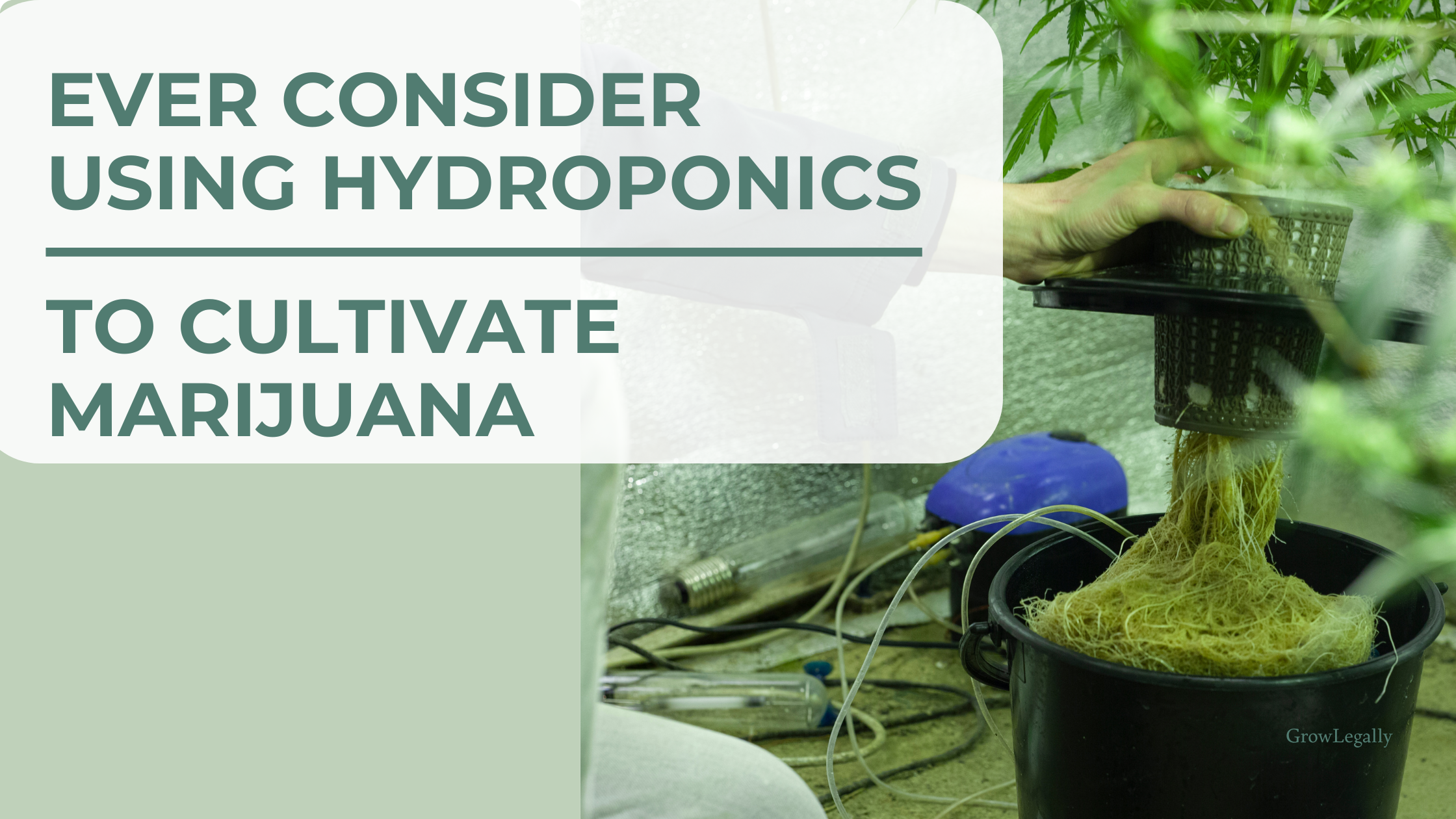

.png)



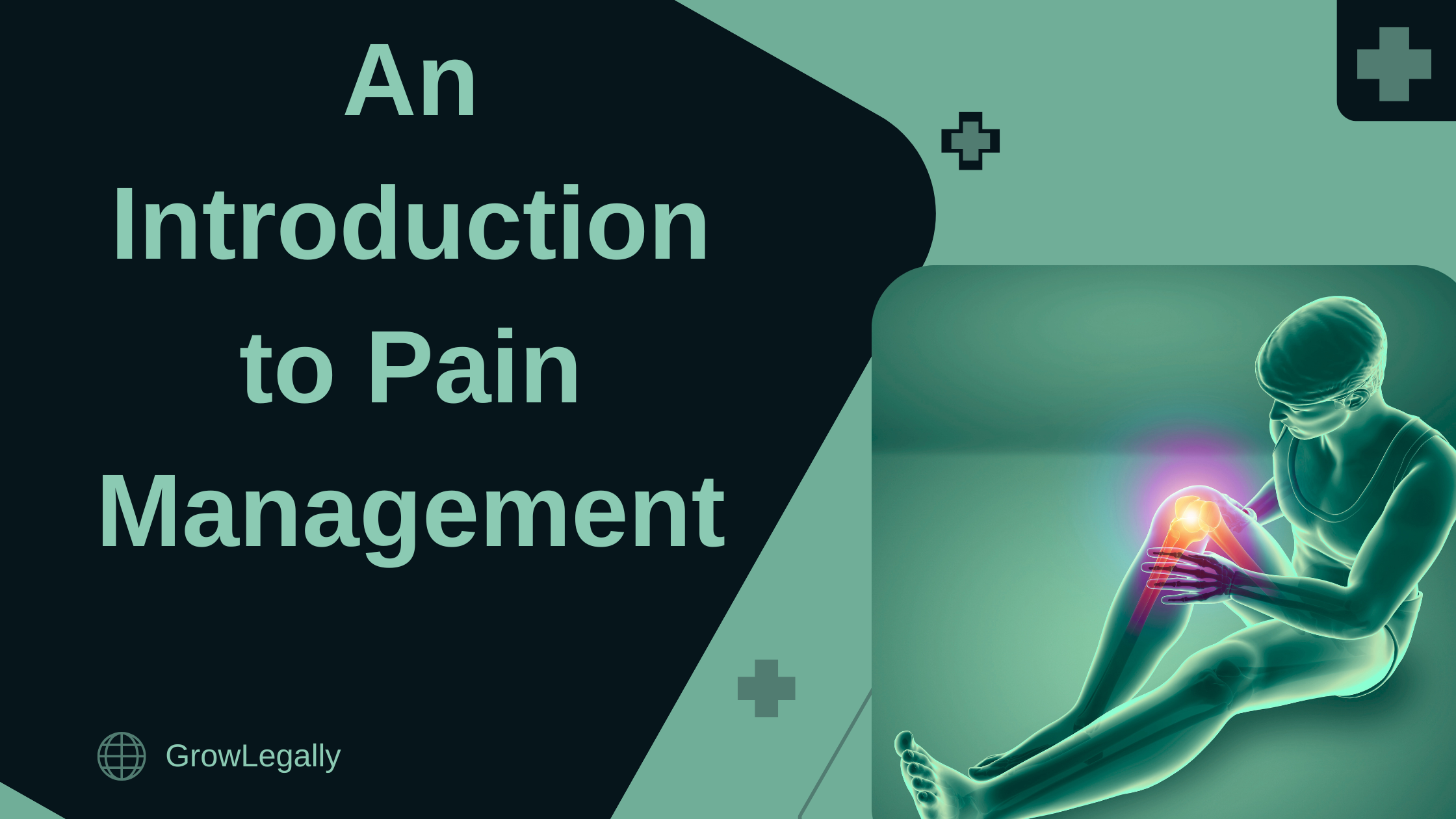

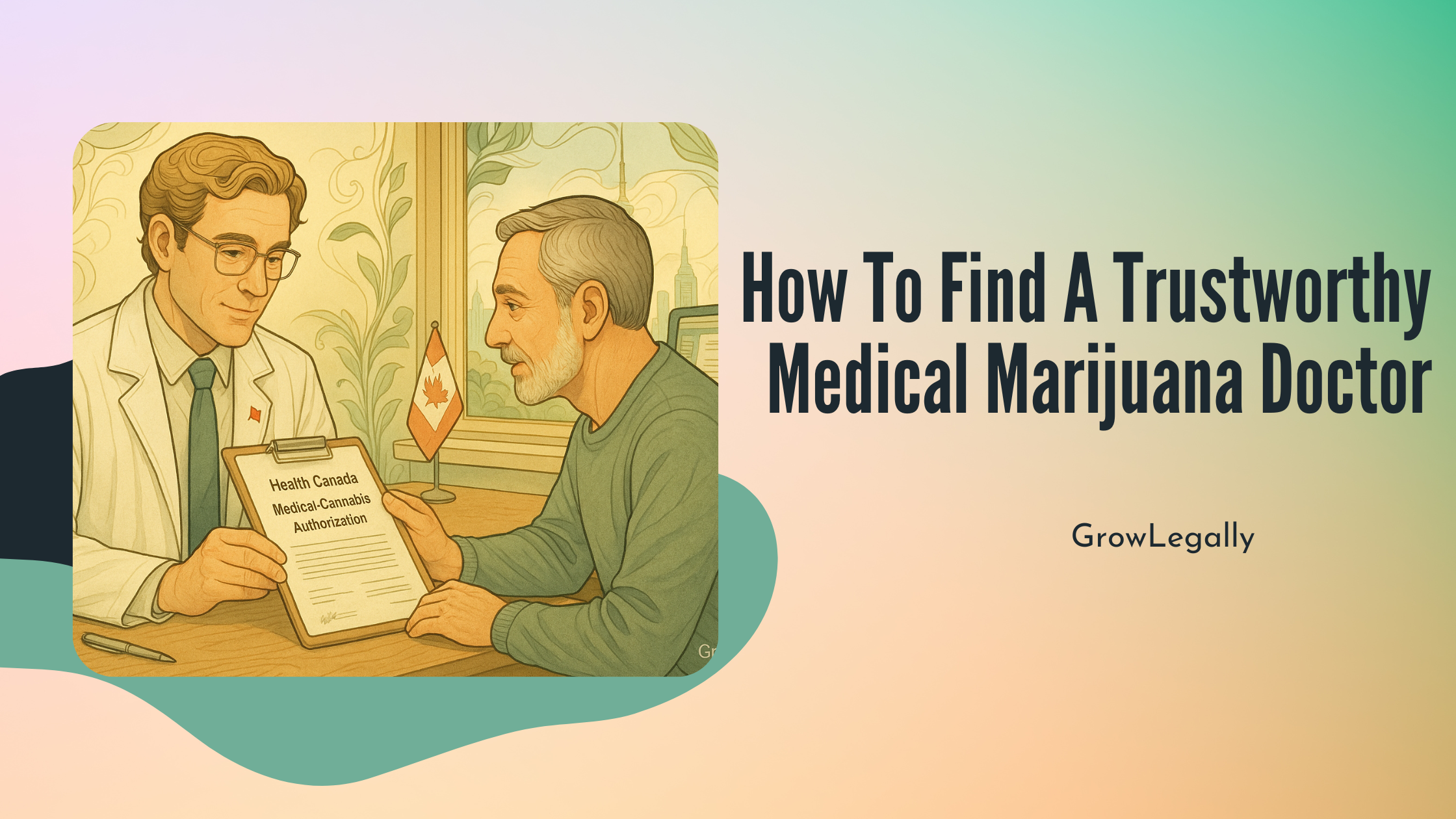

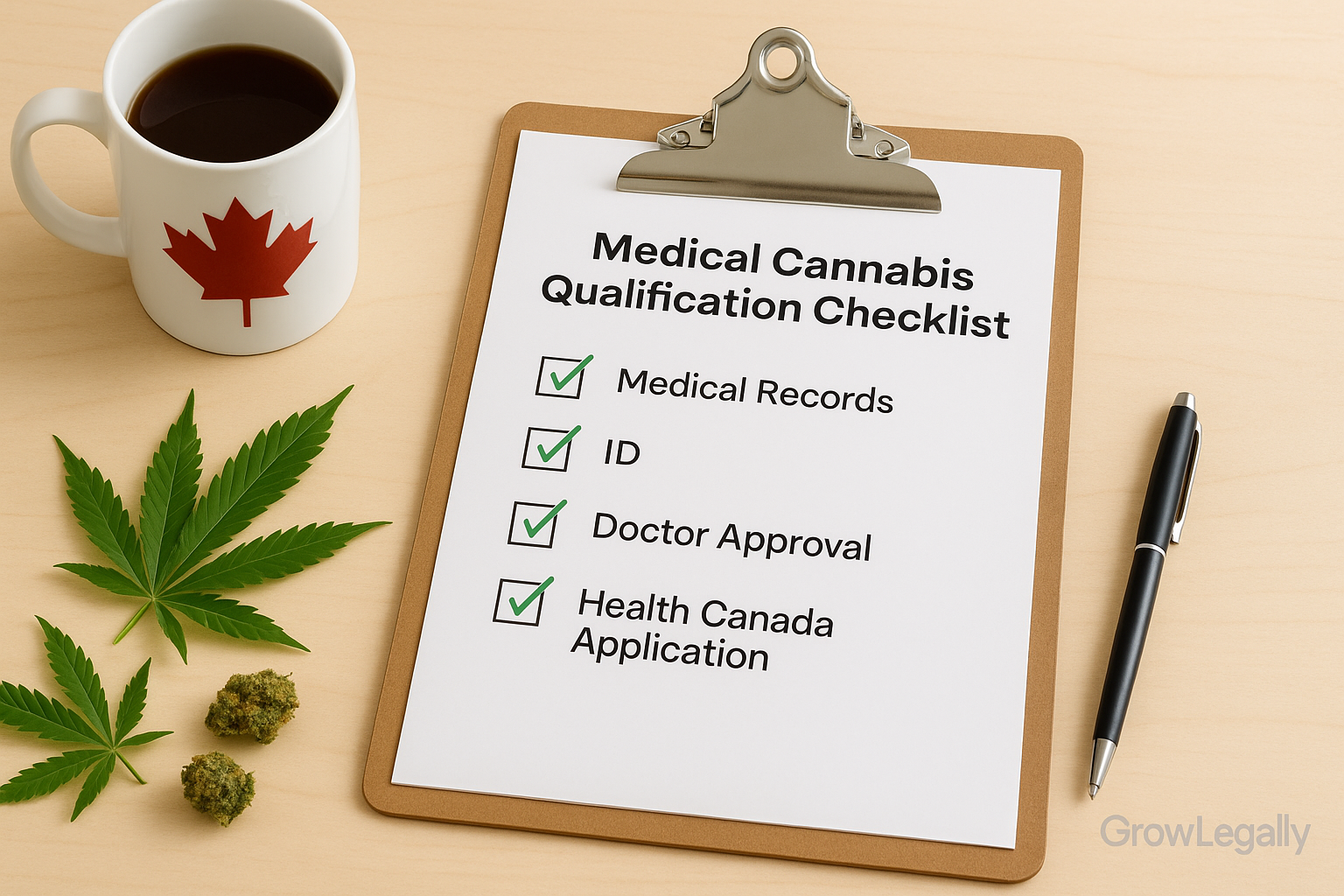
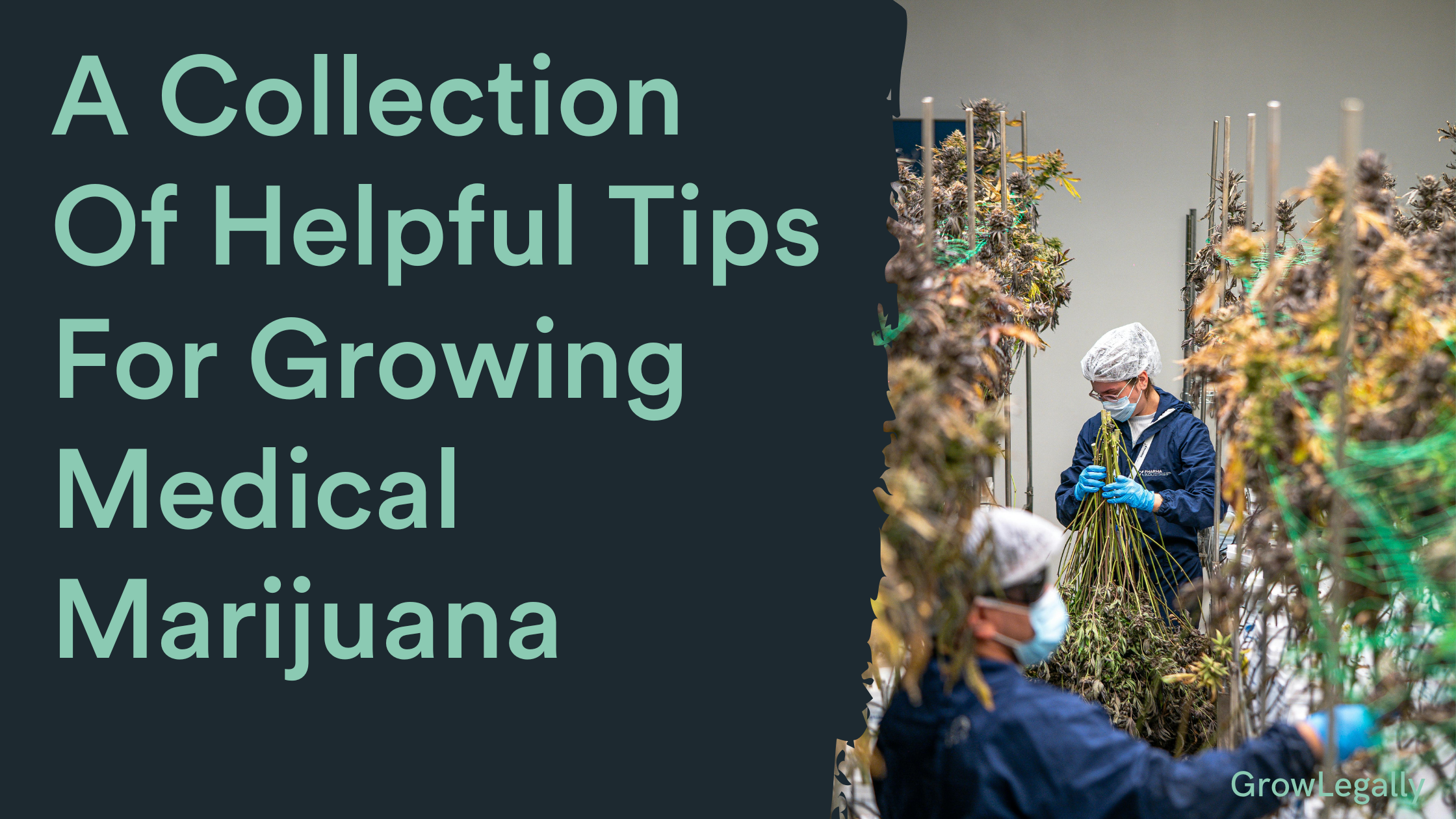
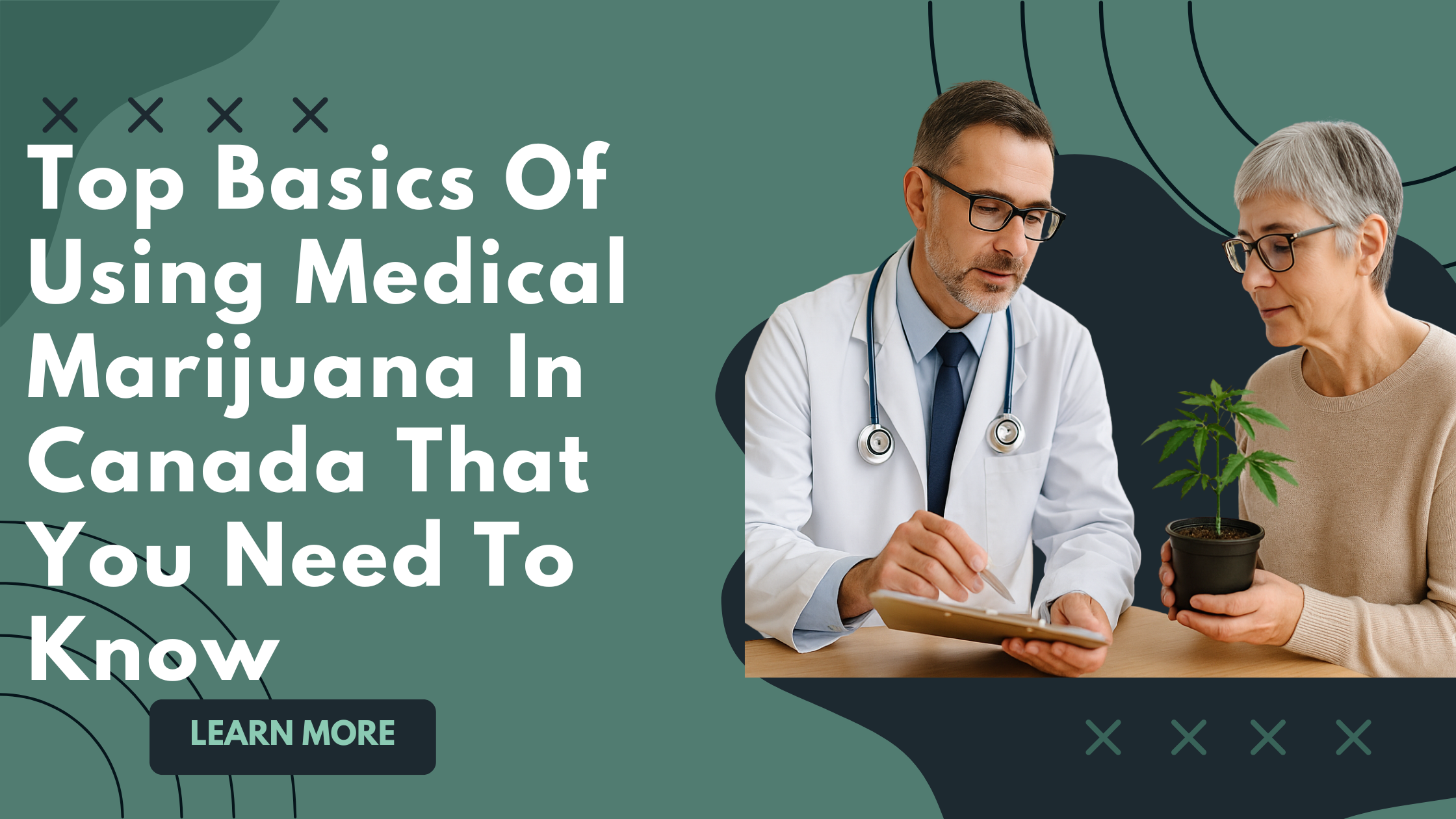



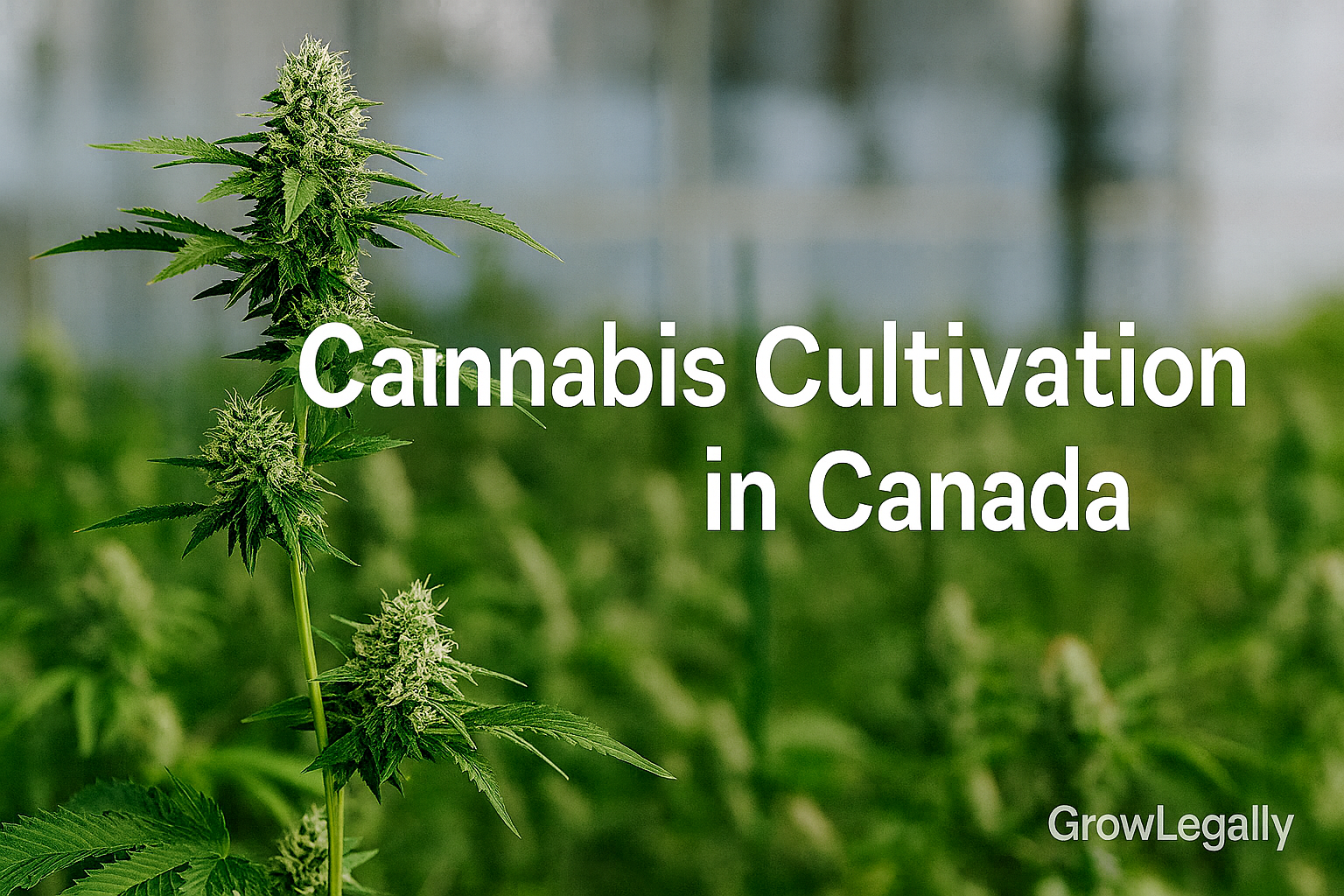





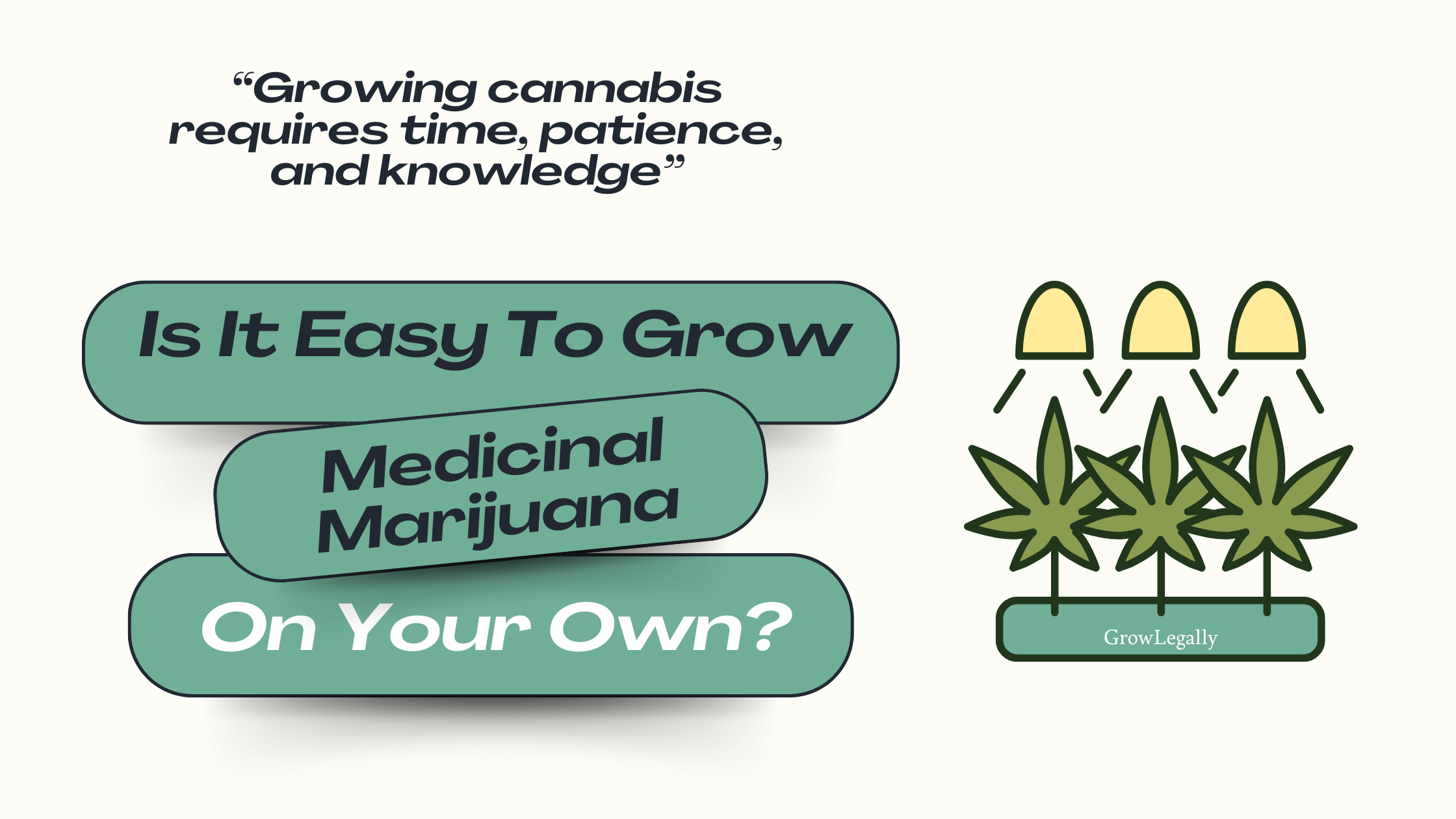
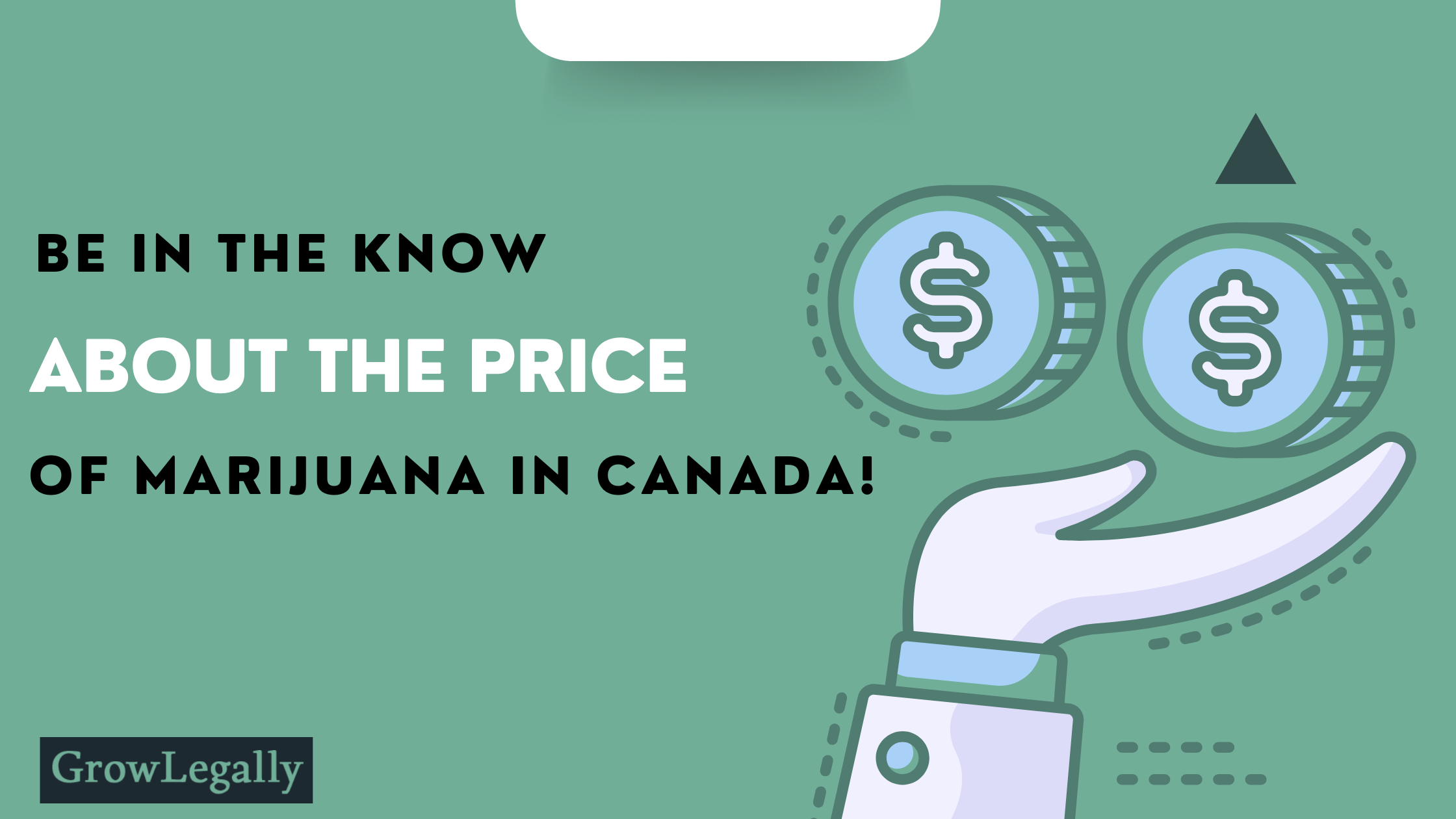





















.png)

















































.png)




























